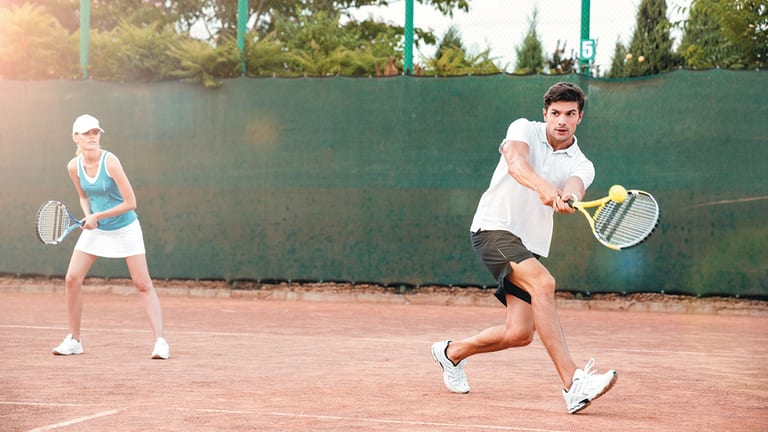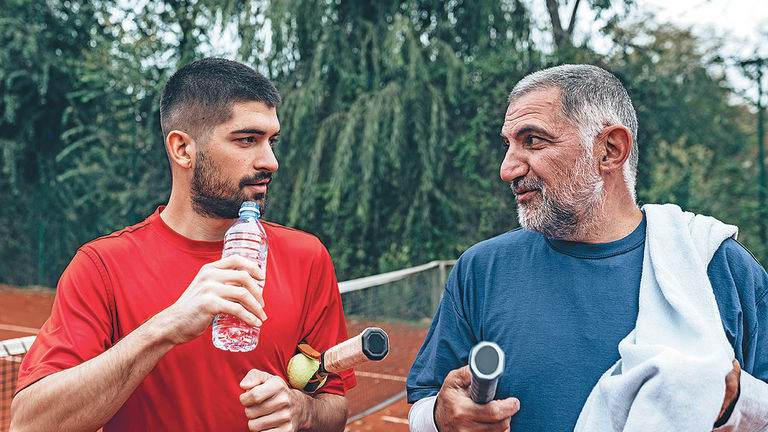If there’s an unsung hero at the heart of recreational tennis in the U.S., it’s the league-team captain. Recruiting players, making schedules, reserving courts, putting together rosters, hoping your doubles teams don’t come to blows: these are just a few of the many duties that fall to a skipper.
It may not always be a fun job, but it’s an important one. The sport in this country would be in much poorer and less organized shape without the 60,000 people who volunteer their time, energy, and patience to captain a USTA league team. And it does come with at least one perk that any leader can appreciate.
“You can make sure things run as smoothly as possible, and everything is fair,” says Rebecca Rowland, who captains 4.0-level teams in Virginia.
If you’re thinking of taking on the task this season, or you’re an old hand looking for ways to manage the job a little better, here are five tips from a few experienced captains on both coasts.


